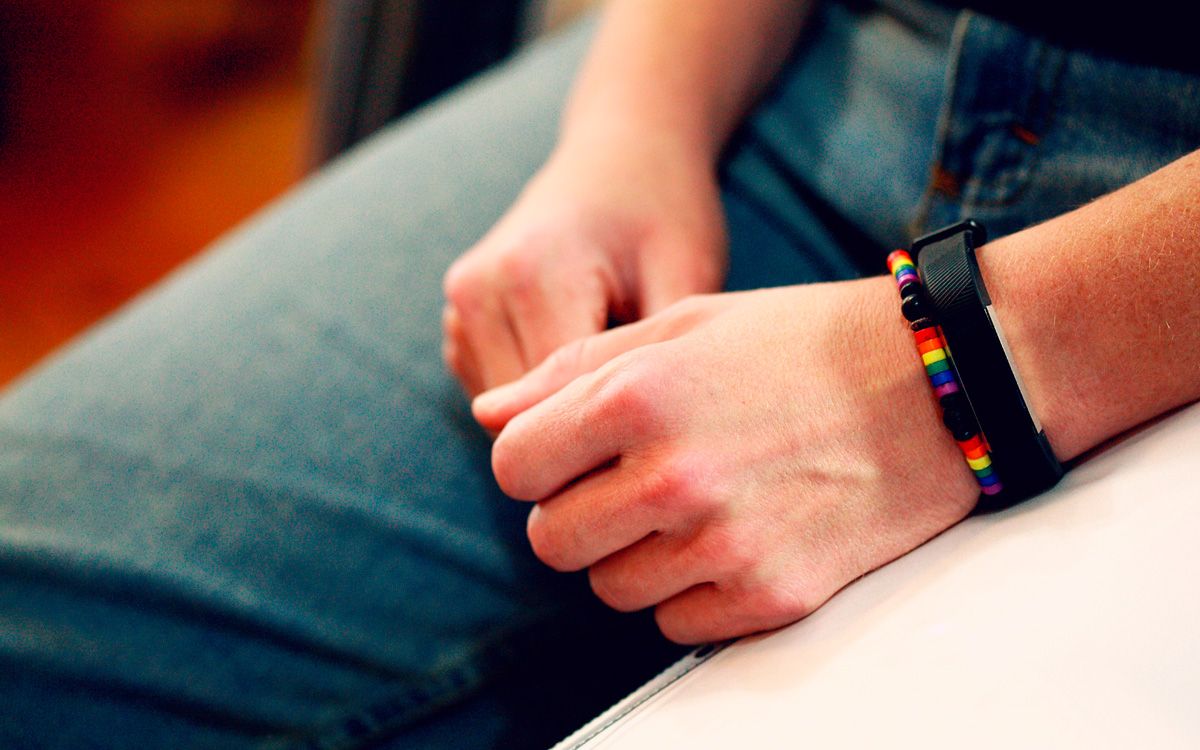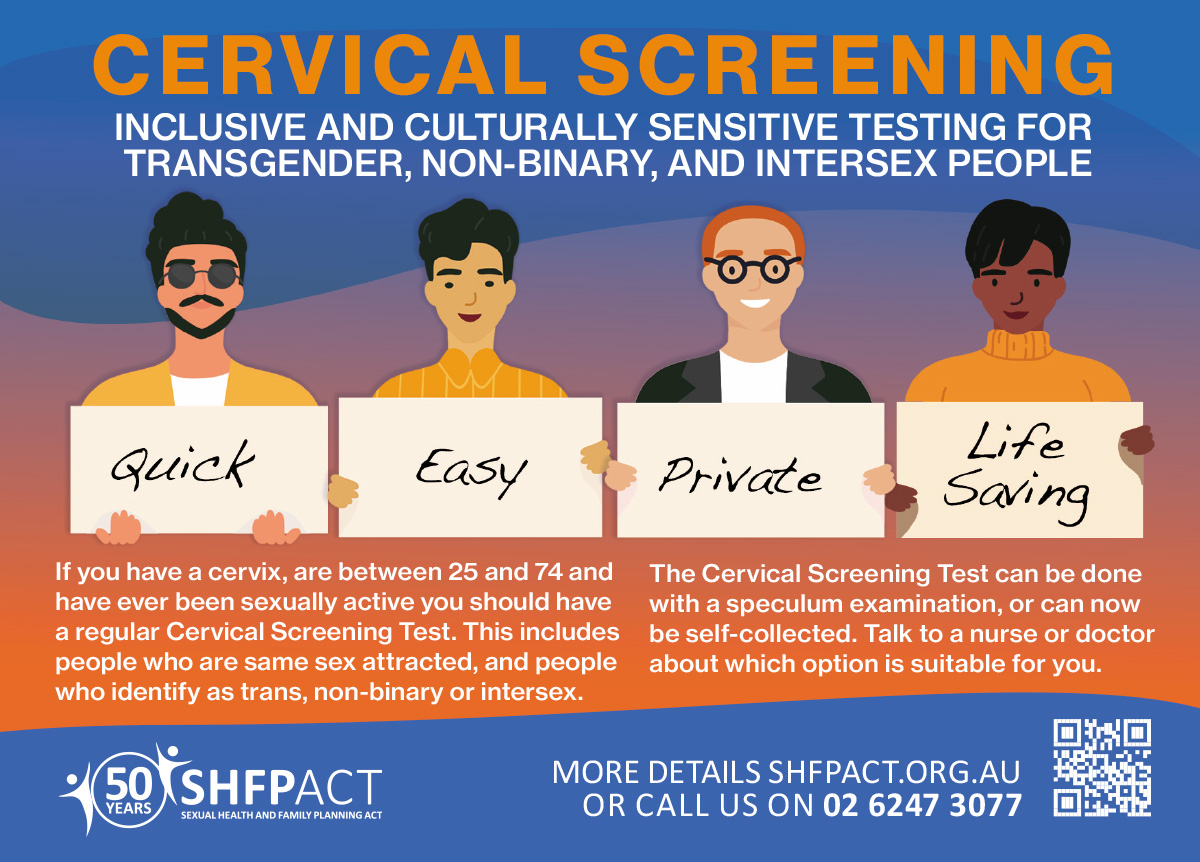
Life-Saving Game Changer for Trans, Non-Binary & Intersex People
Cancer is probably one of the most dreaded words you can hear from your doctor. It’s a major cause of illness, and over one million people in Australia are either living with or have lived with cancer.
Medical professionals tell us that understanding and avoiding the risk factors associated with cancer can help reduce the chance of getting the disease, and statistics show that screening programs increase the likelihood of detecting cancer early, enabling better outcomes from treatments.
Unfortunately, many people actively avoid cancer testing for one reason or another, putting their lives at risk. Some of us are lazy (I may be one of them, and I really should dig out that bowel cancer test stuffed away in the back of a cupboard), but others find the thought of testing extremely stressful, traumatic or even triggering.
This brings me to cervical cancer, which according to the World Health Organisation, is the fourth most common cancer globally, affecting all people with cervices. It’s also largely preventable.
Until recently, testing for transgender, non-binary and intersex people has been fraught with difficulties linked to the barriers individuals face in accessing culturally sensitive healthcare.
This has meant that transgender, non-binary and intersex people are less likely to be up to date with cervical screening, with many having never been screened, putting them at very high risk of unidentified infections.
Although Australia is leading the way as it pushes toward cervical cancer elimination, there’s little doubt that healthcare professionals need to be given more training to better support gender-diverse patients and feel comfortable asking the right questions.
There is, however, some good news for our gender-diverse community. In a significant step forward, the new Australian self-collection cervical screening initiative is a real game changer for trans, non-binary and intersex people.

This new approach to testing offers people more control and choice in a flexible approach to the screening process.
Hilary, one of the registered nurses at Sexual Health and Family Planning ACT, says that the new self-collected cervical screening program makes testing much more accessible to gender-diverse patients, plus it’s quicker and, more importantly, very private.
The new test can be done by a doctor or nurse with a simple procedure using a speculum to examine your cervix, or — this is a game changer for many people — it can also be done as a self-collected test.
You will still need to see a doctor or nurse for the consultation, but you can do the test yourself in a private place, such as behind a screen or in the bathroom.
The simple test is donxe using a cotton tip swab that you gently insert into the vagina, then return to your doctor or nurse, and that’s it done! It’s straightforward, fast and inclusive.
Cervical screening could save your life, so if you have a cervix, are aged between 25 and 74 years and have ever been sexually active, you should get tested and then once every five years.
You can have a cervical screening test with your regular GP or at a specialised healthcare provider as detailed on the ACT Health website.
Sexual Health and Family Planning ACT have specially trained and highly experienced nurses offering this service, so if you would like to contact them for more information or to make an appointment, call 02 6247 3077.
- Created on .
- Last updated on .